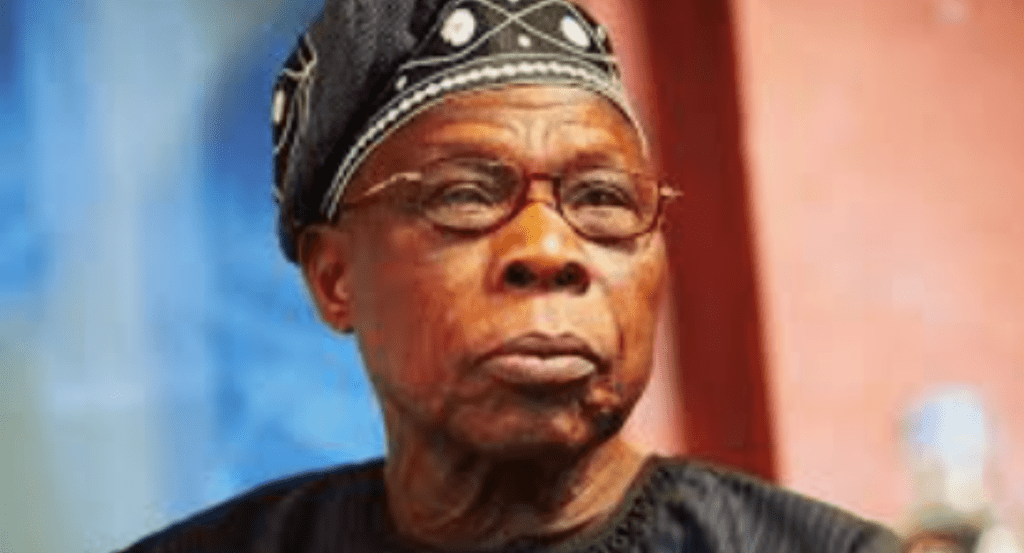The Nigerian Presidency has launched a scathing critique of former President Olusegun Obasanjo, accusing his administration of gross mismanagement and leaving what it describes as “mortal wounds” on Nigeria’s democracy. The comments, coming amidst ongoing political debates, highlight long-standing tensions between the current government and Obasanjo’s legacy.
One of the most striking claims made by the Presidency is that the Obasanjo administration spent a staggering $16 billion on electricity projects that failed to deliver tangible results. Labeling it as “spending to generate darkness,” the Presidency pointed to the lack of significant improvements in Nigeria’s power sector despite the enormous financial outlay. The issue of power supply remains a contentious topic in Nigeria, with successive administrations struggling to address it effectively.
Furthermore, the Presidency accused Obasanjo of fostering corruption and undermining democratic principles during his tenure. Presidential spokespersons criticized his administration for allegedly institutionalizing practices that weakened Nigeria’s political and economic systems. They pointed to controversial policy decisions and what they described as autocratic tendencies that negatively impacted governance.
These statements came as Obasanjo publicly called for the removal of Mahmood Yakubu, Chairman of the Independent National Electoral Commission (INEC), along with other electoral leaders at federal, state, and local government levels. Obasanjo had argued that these officials lacked the credibility to oversee free and fair elections, a claim that has sparked widespread debate across political circles.
In response, the Presidency rebuked Obasanjo, questioning his moral authority to critique the current administration. Officials accused the former president of leaving behind a legacy of corruption, electoral malpractice, and economic instability. They also criticized his vocal interventions in contemporary political matters, suggesting that his comments were unconstructive and divisive.
Obasanjo has yet to officially respond to the accusations, but his previous statements have consistently emphasized the need for accountability and transparency in governance. Supporters of the former president argue that his critiques of government are motivated by his commitment to democratic values and national development.
The back-and-forth between the Presidency and Obasanjo underscores deeper political divisions in Nigeria’s political landscape. As the nation continues to grapple with issues of governance, accountability, and development, these public spats highlight the challenges of fostering a unified approach to addressing the country’s pressing concerns.
Meta Description:
Focus Keyword: Presidency criticism



















